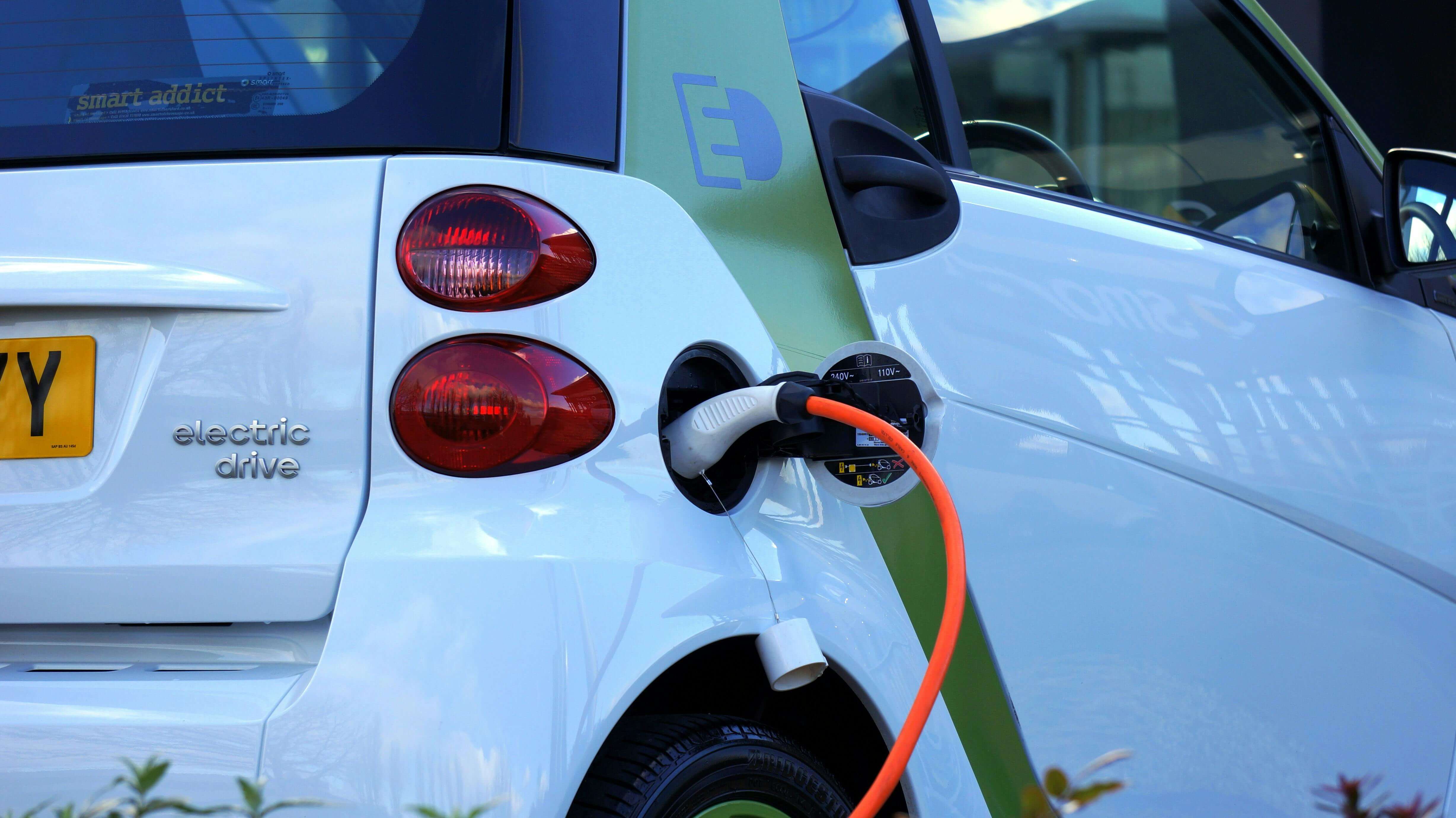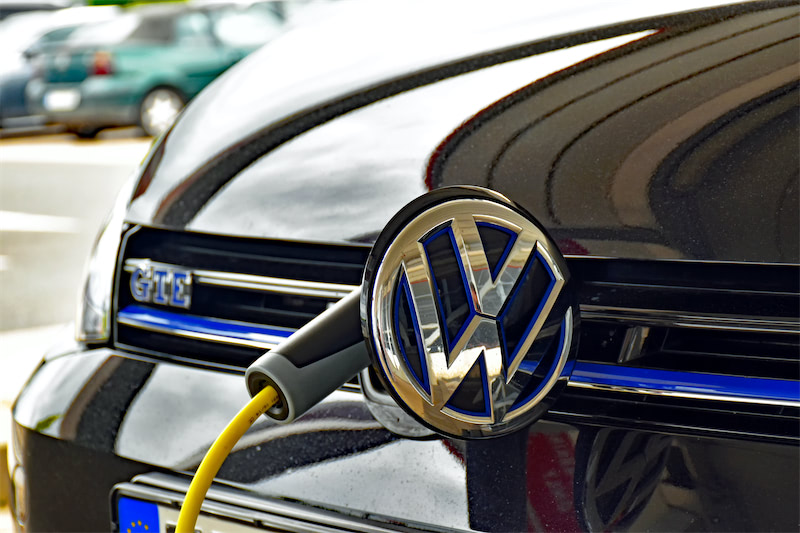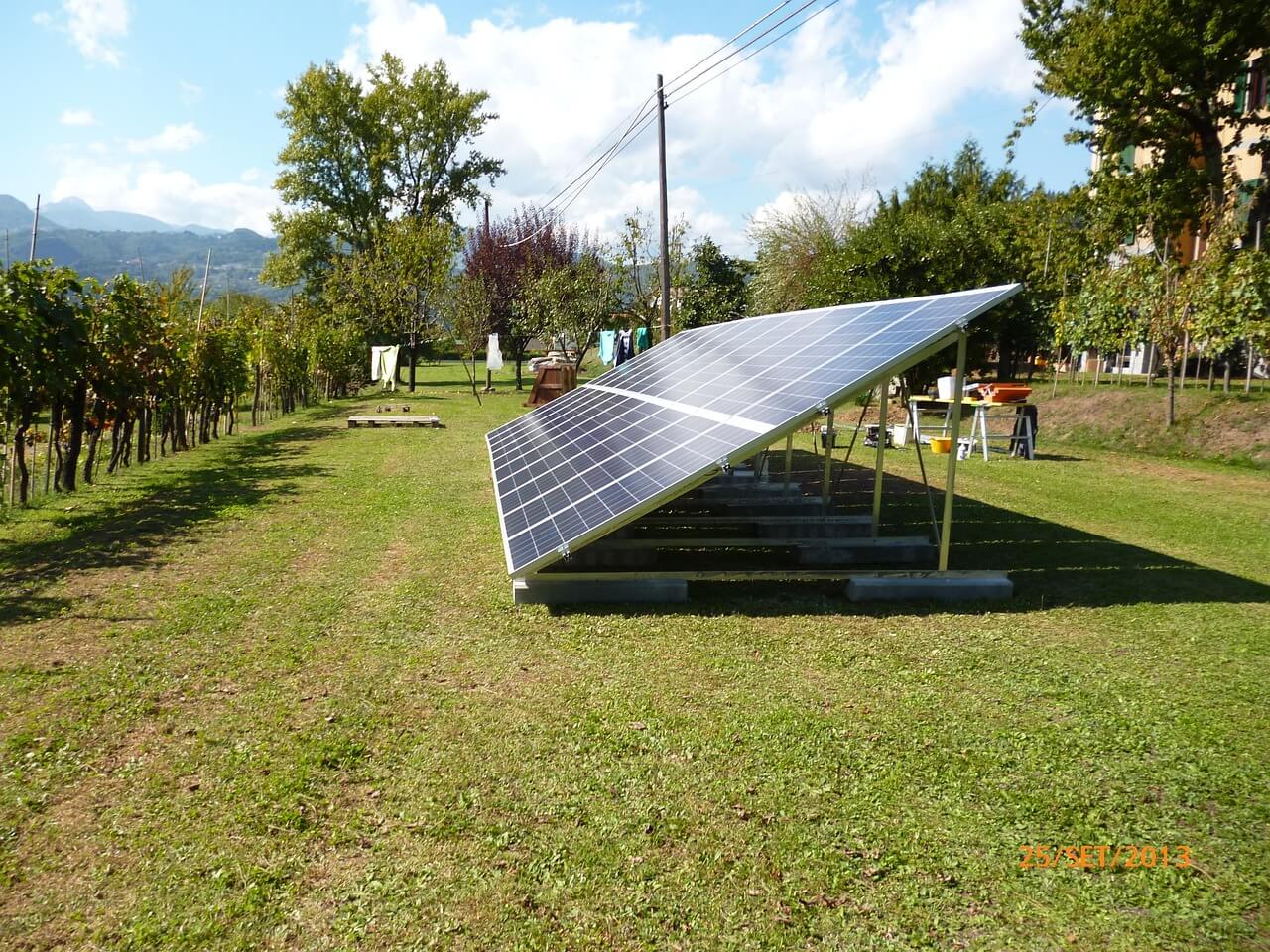Recently, the fourth-largest global automotive group, Stellantis, signed a memorandum of understanding with the French nuclear industry group, Orano. The two parties have agreed to establish a joint venture focused on recycling discarded electric vehicle batteries and waste from Europe and North America. This initiative aims to bolster the raw material supply required for electrification transitions. The project will leverage Stellantis's existing facilities, with production expected to commence in 2026.
The statement highlighted that this deal would provide Stellantis, the parent company of brands such as Peugeot, Fiat, and Jeep, with increased opportunities to access essential materials like cobalt, nickel, and lithium, which are vital for electrification and energy transition. Orano's technology can recycle all the materials used in lithium-ion batteries, boasting a metal recovery rate of over 90% and facilitating the production of new cathode materials.
This collaboration isn't Stellantis's first foray into vehicle recycling. In June of this year, automotive manufacturer Stellantis N.V. and metal recycler Galloo announced the signing of a memorandum of understanding, entering into exclusive negotiations for the formation of a joint venture dedicated to the recycling of End-of-Life Vehicles (ELV).
The collaboration with Orano Group brings a specific focus on lithium battery recycling. Recognised as one of the world's largest nuclear industry groups, Orano is amongst the select few companies possessing comprehensive expertise in nuclear fuel cycles, from extraction and mining to recycling of recoverable materials and decommissioning.
Apart from this memorandum, Stellantis has also been active on other fronts. In April 2023, Stellantis announced a partnership with the domestic firm Tianqi Lithium, focusing on the recycling and dismantling of discarded vehicles, as well as the remanufacturing and recycling of power batteries. The two entities are planning to jointly expand overseas battery recycling operations.
Furthermore, in Stellantis's latest "Circular Economy Strategy", it declared intentions to extend the lifespan of automotive components significantly and vastly boost revenues from the recycling sector. The goal is to increase income from automotive battery recycling and other parts sectors by over tenfold by 2030, based on figures of 2021. This will be achieved through a mantra of "reshape, repair, reuse, and recycle", striving to maximise efficiency while preserving scarce natural resources. There are plans to construct a circular economy centre in 2023, primarily focused on car maintenance, dismantling, and component remelting and remanufacturing processes. It's projected that by 2030, this strategy will generate revenues exceeding $2 billion for Stellantis, propelling Stellantis's products towards net-zero emissions by 2038.
From the current strategic moves of European enterprises, it is evident that the European automotive industry is facing increasingly stringent emission reduction targets. Moreover, during the electrification transition, the reliance on raw materials is of utmost importance. Data indicates that the European Union relies on imports for five main materials – nickel, cobalt, manganese, lithium, and natural graphite – with a dependency rate of 78%. For refined materials, the import dependency stands at 61%.
According to SMM's analysis, given the current unexpandable state of resources, the dependency on external resources cannot be changed in the short term. As a result, Europe is placing its hopes on battery recycling in an effort to mitigate the risks associated with raw material sourcing. It's worth noting that achieving recycling is also essential for reducing the carbon footprint across the entire lifecycle of EVs. This is because, with the rapid expansion of the battery supply chain, a large amount of waste is inevitably produced. Recycling efforts not only serve to decrease the carbon footprint of the EV supply chain but also substantially reduce the level of waste pollution.
![[SMM Weekly Review] Expectations for Chinese New Year Market Closure Heat Up, Second-Life Application Market Prices Hold Steady This Week (2026.02.9-2026.02.12)](https://imgqn.smm.cn/usercenter/WyqWW20251217171729.jpg)


